
As far as health trackers go, there is a lot to love about the Oura Ring and its companion app. The ring’s 200+ biometrics sync to the Oura Ring app, giving users detailed analytics and insights into their overall health and wellness, in addition to various meditations, breathing exercises, and more. However, after only having had my Oura Ring for a couple of weeks, there are some obvious changes that Oura could (and should) embrace to improve the iPhone user experience.
Alcohol tracking
The Oura Ring app really shines when it comes to sleep tracking. Every morning when I wake up, I get a Sleep Score, and nearly every time, I score in the “optimal” range – an 85 or higher. The Oura Ring app uses seven different components to make up your Sleep Score, including total sleep, efficiency, restfulness, REM sleep, deep sleep, latency, and timing.
As I said, my first week with the Oura Ring resulted in an 85 or above on my Sleep Score when I checked the app each morning. However, the one night I drank within that first week, I got a Sleep Score of 57, and that was because of the alcohol I had consumed before I went to bed.
While the Oura Ring app does let you track which outside factors may impact your sleep – and that includes alcohol – it should put alcohol consumption on the homepage of the app so that it’s the first thing you see right along with the activity goal, daytime stress information, and the other nuggets of knowledge presented to you upon first glance to help you have the best day possible.
For a company that puts so much effort and energy into its sleep analysis and knowing what we do about how alcohol negatively impacts our sleep, allowing users to track their alcohol consumption right from the jump should be an obvious move. Oura itself is familiar with the ways in which alcohol affects our sleep, as highlighted within the “Explore” tab of the Oura Ring app:
We’d love to see Oura Ring give users the option to track their alcohol directly from the homepage without having to dig through to find this type of information. Getting a good night’s sleep is foundational to the rest of our day, and Oura Ring knows this – alcohol disrupts the possibility of good, clean sleep, and we should be able to log what we’re drinking to see how our sleep patterns change as a result.
‘Sick’ feature
I recently had COVID-19 for the first time, and as anyone who has had Covid knows, it can make you cripplingly sick. My experience with having COVID didn’t’ knock me out completely, but what it did do was give me a long-covid symptom – acute pharyngitis – that has been robbing me of sleep for the last three nights.
As a result of that lack of sleep, the Oura Ring app has started to get accusatory and demanding:

I have to say, this genuinely bothered me to see on my screen the morning after I got 2.5 hours of sleep, and this wasn’t the only message I received in this tone – but it is the only one of which I took a screenshot.
While I recognize this is simply Oura Ring’s app, the messaging pictured above had to be approved by actual human beings along the way. Using the imperative “Pay attention” is super obnoxious because it’s like “Hey, don’t tell me what to do – I am paying attention.” And then following that up with “It’s going to be all right” is incredibly patronizing – I know it’s going to be all right, like in life in general and also in this situation, but I can’t sleep because of my diagnosis, and the Oura Ring app should let me punch that in somewhere.
If the Oura ring app notices your Sleep Score is spiraling downwards – which, clearly, it does – I want it to ask me a question. Something like, “Your Sleep Score is declining. What’s different about your routine?” That way, I can log into the Oura Ring app the fact that I’m currently sick rather than wake up on little to no sleep just to get reprimanded by an app.
Adding supported in-app workouts
For reasons that are beyond me, the Oura Ring, with its 200+ biometrics that spit out accurate and useful data to its users, has a mere five in-app-supported workouts that you can record from within the Oura Ring app. Furthermore, and making it additionally confusing, you can add workouts that you’ve done and have synced via Apple Health, but you can’t actually record most of those workouts on the Oura Ring in real-time.
For example, I can record the 30-minute walk I do with my dog every day within the Oura Ring app, but I cannot do the same with my HIIT workouts.
I would love the ability to track my health metrics in real-time while during a HIIT workout in the way I can log onto my Apple Watch.
Final thoughts
Any of the changes mentioned above would be welcome improvements to the Oura Ring app experience, which costs $5.99/month for full access to its many features. What makes the Oura Ring special, in my opinion, is the Oura Ring app itself because not only are you getting highly-detailed data about your health and wellness but the app is gorgeous and has a ton of interesting information that can easily be accessed with a little poking around.
More on Oura Ring:
- Oura poaches Apple Health executive
- Oura’s biggest sale ever: Up to $100 off Horizon and Heritage rings
- My three favorite Oura Ring features (so far)
FTC: We use income earning auto affiliate links. More.

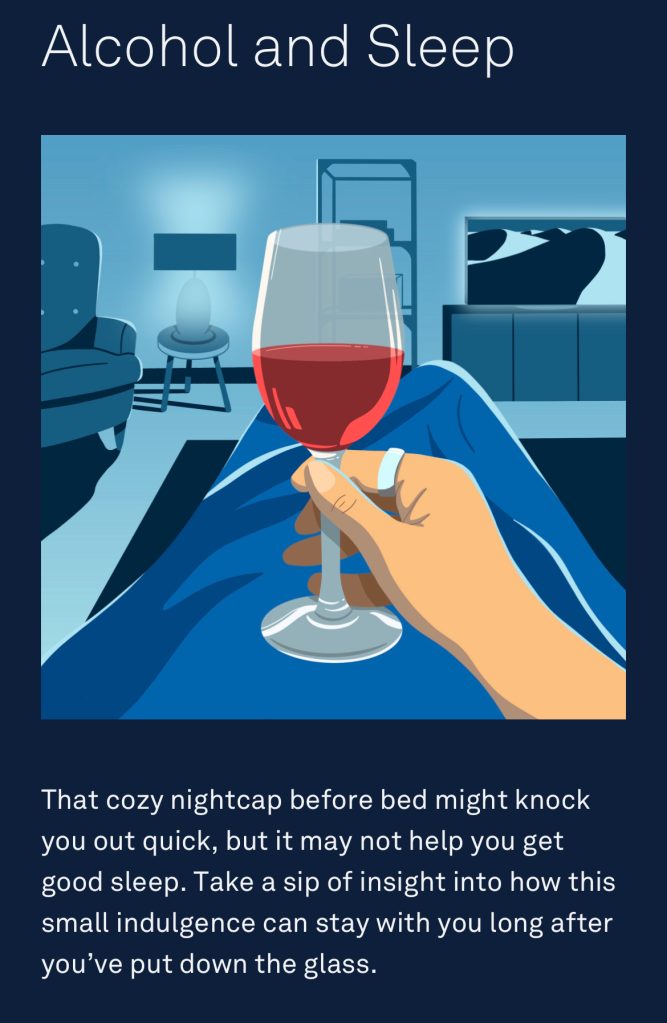
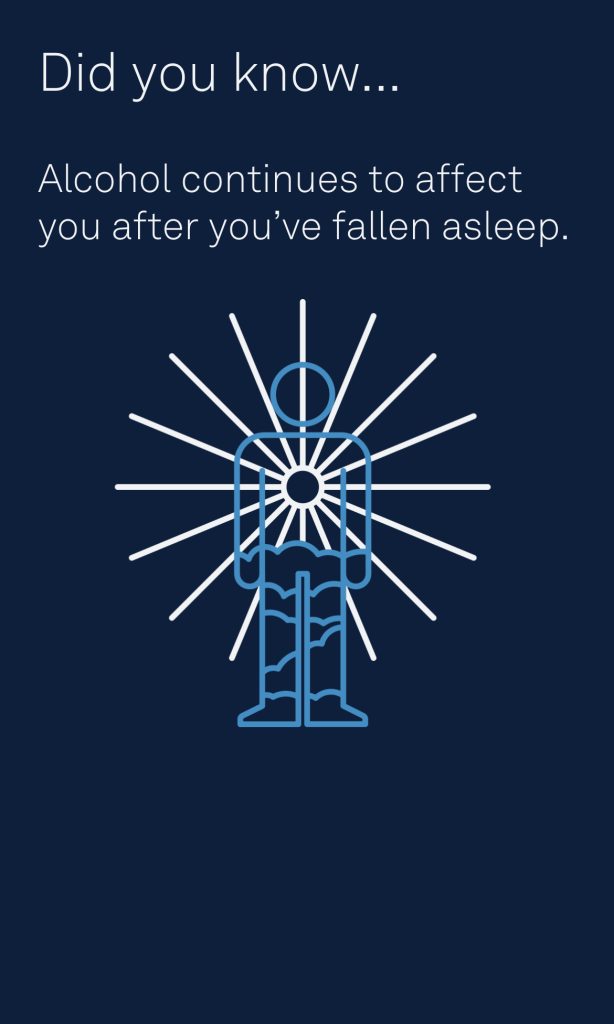
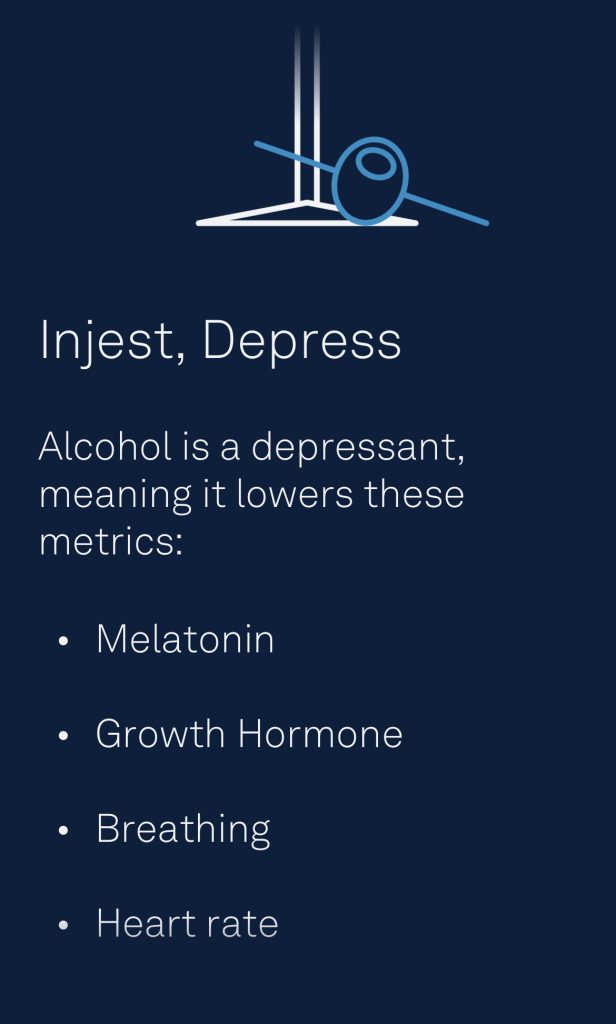
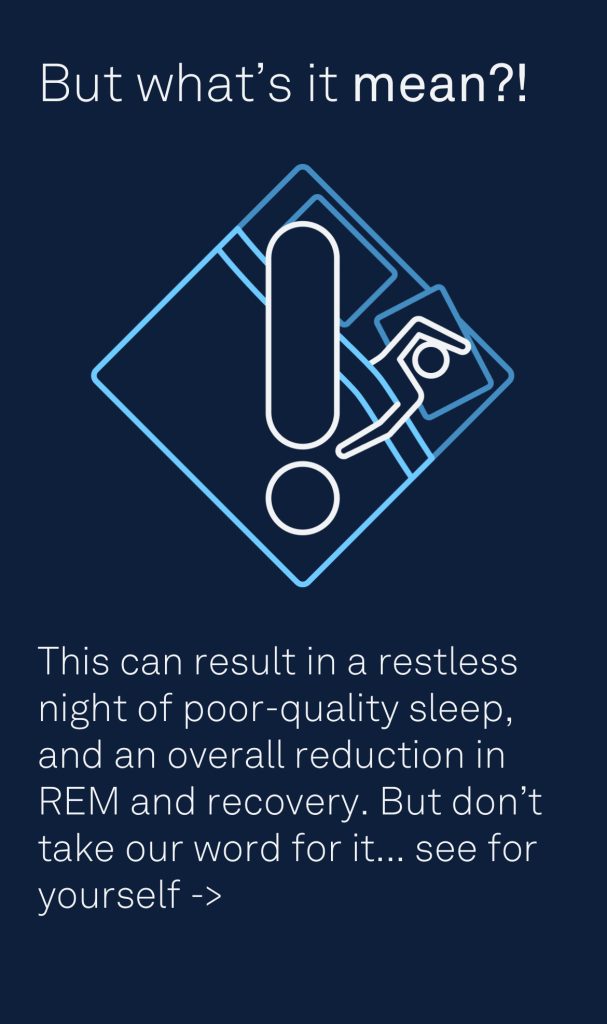
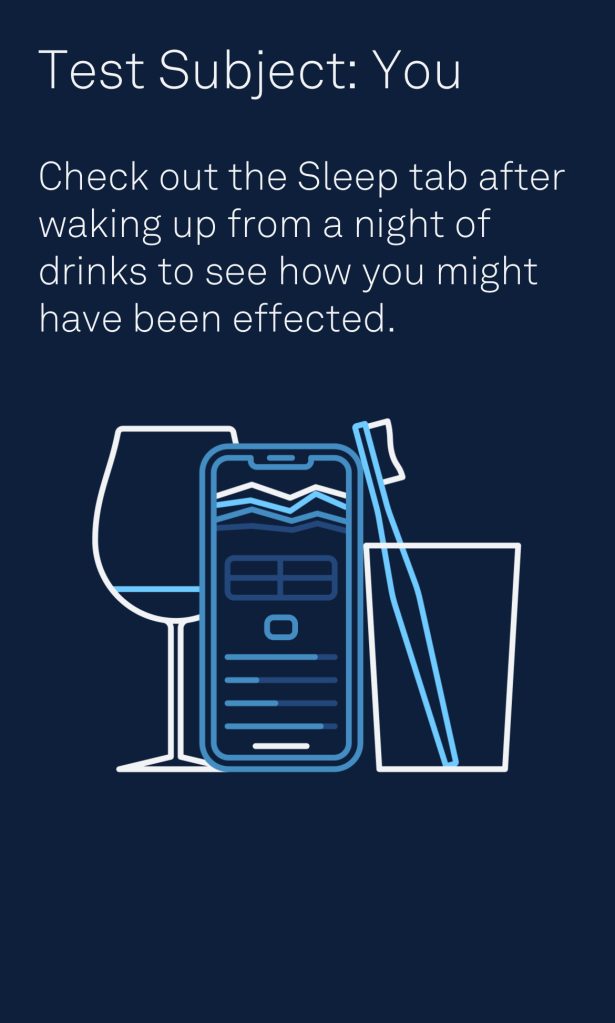
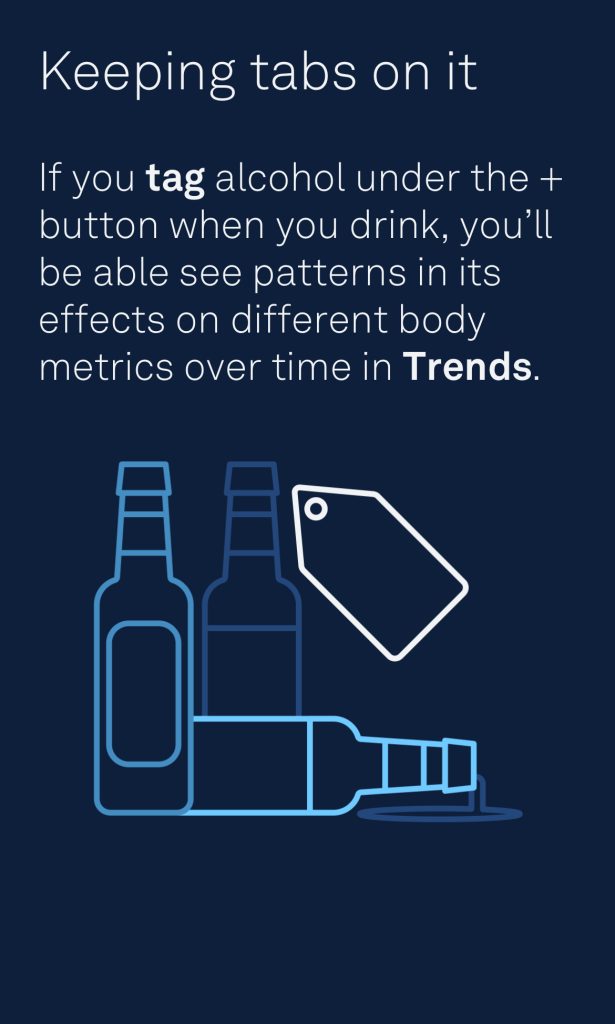
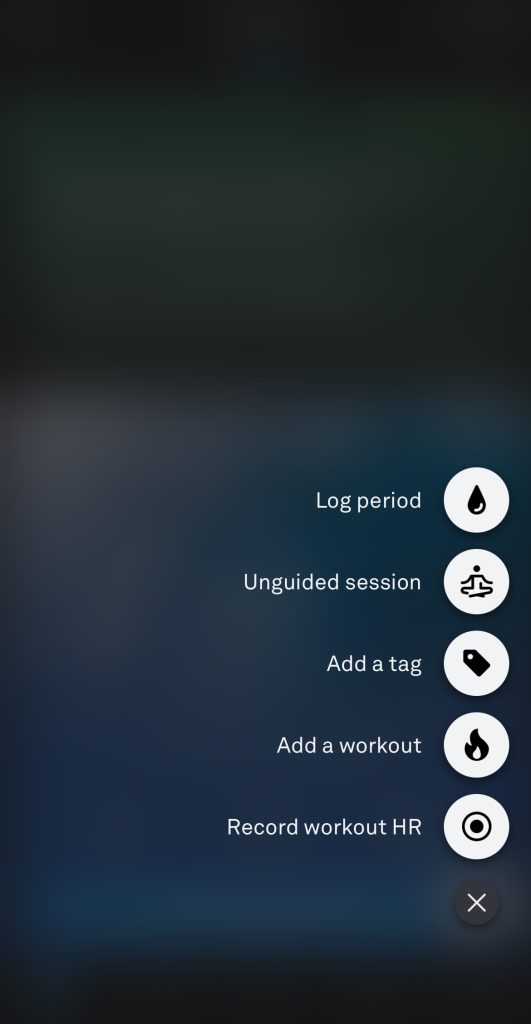
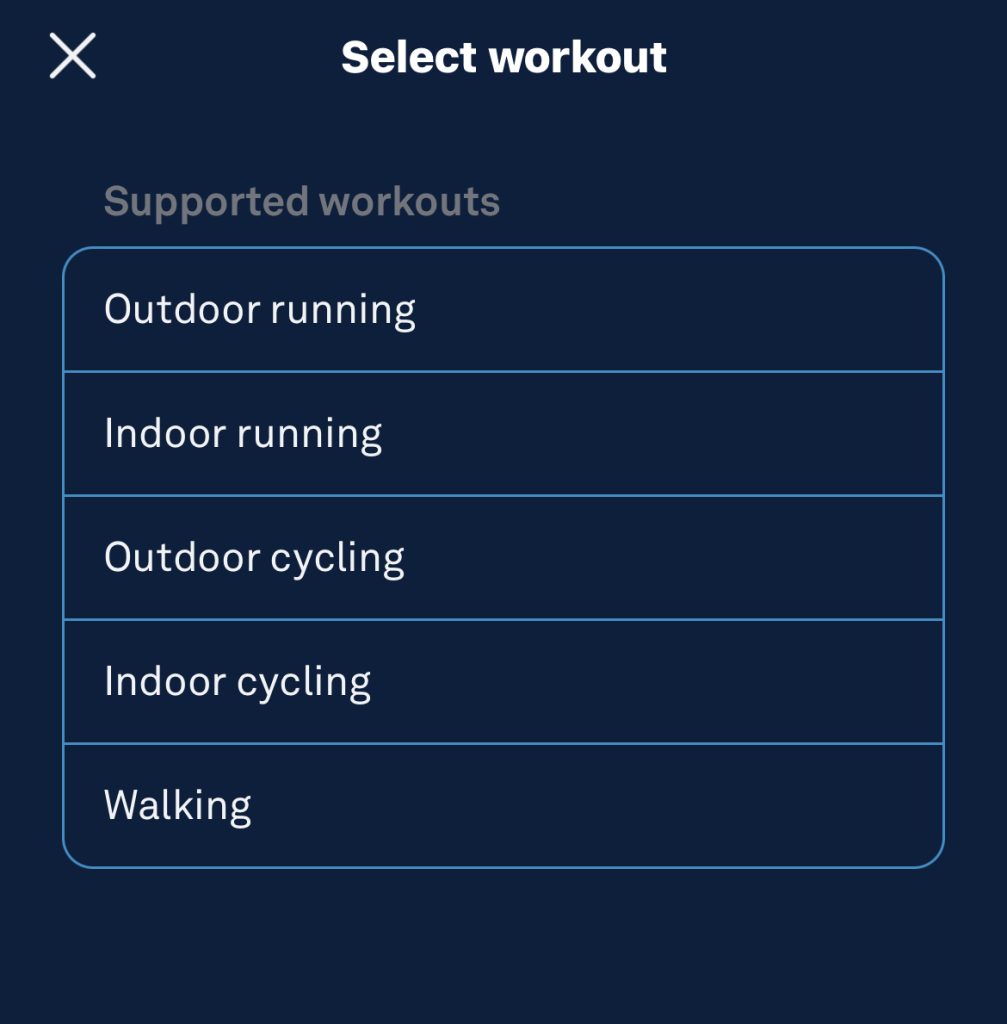
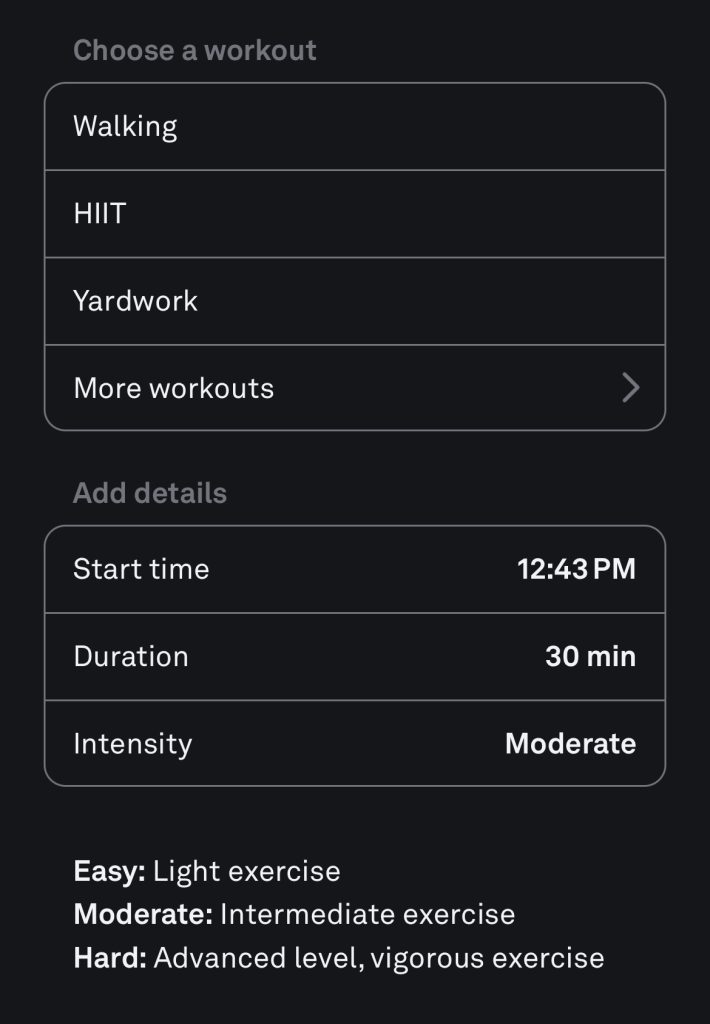




Comments